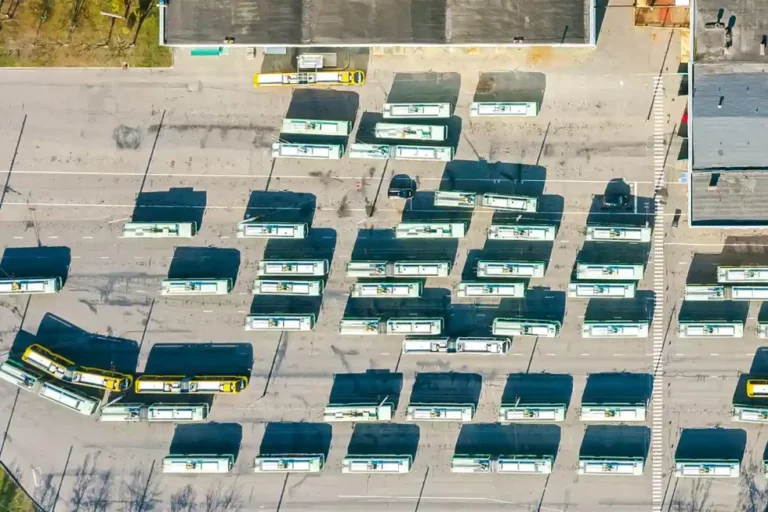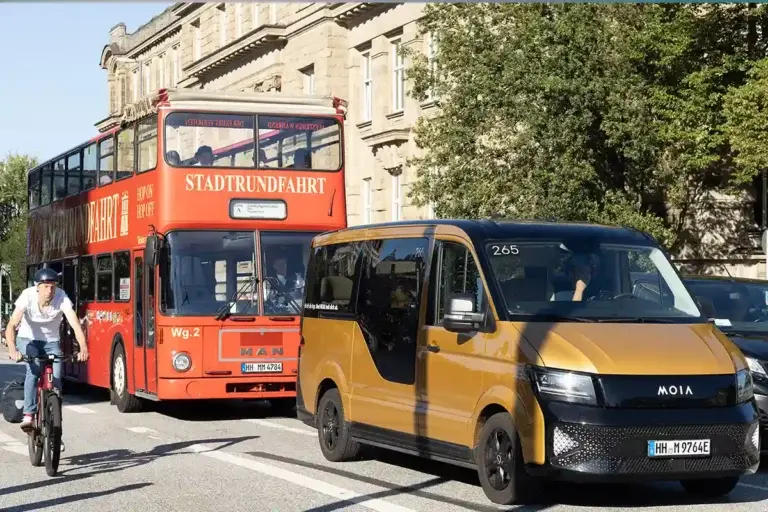Track Focus: Operating According to Local Needs

The public transport sector’s challenges are global, but the solutions can often be local. To best meet the needs of passengers, we have to adapt services to local contexts. At the UITP Hamburg Summit on 15-18 June 2025, the world’s public transport professionals will hold four days of activities and discussions covering the most important topics in the public transport sector. And that includes on how to adapt our operations to local needs.
From demand management and maintenance to deploying services, local and custom modes can be delivered directly to the passenger in a service tailored for their needs. And this personalisation makes public transport more valuable and more successful.
6 discussions about adapting operations you can expect at the UITP Summit 2025:
Regional spotlights
Many discussions at the UITP Summit 2025 will place a spotlight on regional contexts. From the trends and perspectives of Latin America, to the development of Asia-Pacific, and the delivery of public transport projects in Africa, activities at the UITP Summit will be diverse and global in scope.
Keep up to date with public transport in your region. Sign up for a UITP newsletter!
Cable cars as a solution for urban mobility
Different contexts call for different modes – and sometimes that mode is a cable car. Right now, countries as diverse as India, Peru, France, Madagascar, the Philippines, and others, are all constructing new cable car lines. Notably, cities across Latin America such as Medellín, Colombia and La Paz, Bolivia have already adopted cable cars as a key urban mobility solution. In Mexico City, cable cars transport around 5 million passengers in a month. Cities with existing systems like these can show the contexts which make cable cars are a viable public transport mode.
Discover 6 benefits of cable cars for urban mobility.
Dealing with graffiti
Almost half of public transport operators report incidents of graffiti more than once a month. And graffiti can cause serious problems to our operations, finances, and reputation. Tackling graffiti can require adapting to local contexts, for instance through collaboration with local emergency services, authorities, and possibly volunteer organisations. Public transport operators from around the globe take different approaches to graffiti, and exploring these strategies can uncover best practices.
Deploying zero-emission bus operations
The bus is the most used mode of public transport around the globe. That makes zero-emission buses are a key strategy to decarbonise – but even then there are several types of zero-emission buses, each supporting different local contexts. From hydrogen buses, battery electric buses, and IMC trolleybuses, each technology supports a variety of use cases and boasts unique strengths. Deciding on how to deploy clean buses is a crucial element of adapting public transport operations to local needs. For instance, the presence of a BRT system can act as a catalyst for bus electrification.
Transitioning to zero-emission waterborne transport
Cities across the world use their waterways for mobility (including Summit hosts Hamburg and Dubai, by the way). Deploying zero-emission vessels, whether they be electric or hydrogen-powered, is an important choice. As the initial investment in new technology can be substantial, it’s key that we get it right. And in the long run, not only can operational costs be lower in the long-term, but the transition will lead to cleaner air, improved public health, and fewer harmful emissions.
How to start a new mobility offer
How do you start an on-demand mobility service like Hamburg’s MOIA? Or a shared bikes system or an autonomous mobility service? Capacity building is an indispensable part of developing a new mobility offer. Depending on your local context, you could make the service from scratch or simply buy it.
But is there a better way? And what is the business model needed to make it sustainable? By connecting with peers at the UITP Summit, public transport professionals can better explore the answers to questions like these and more.
